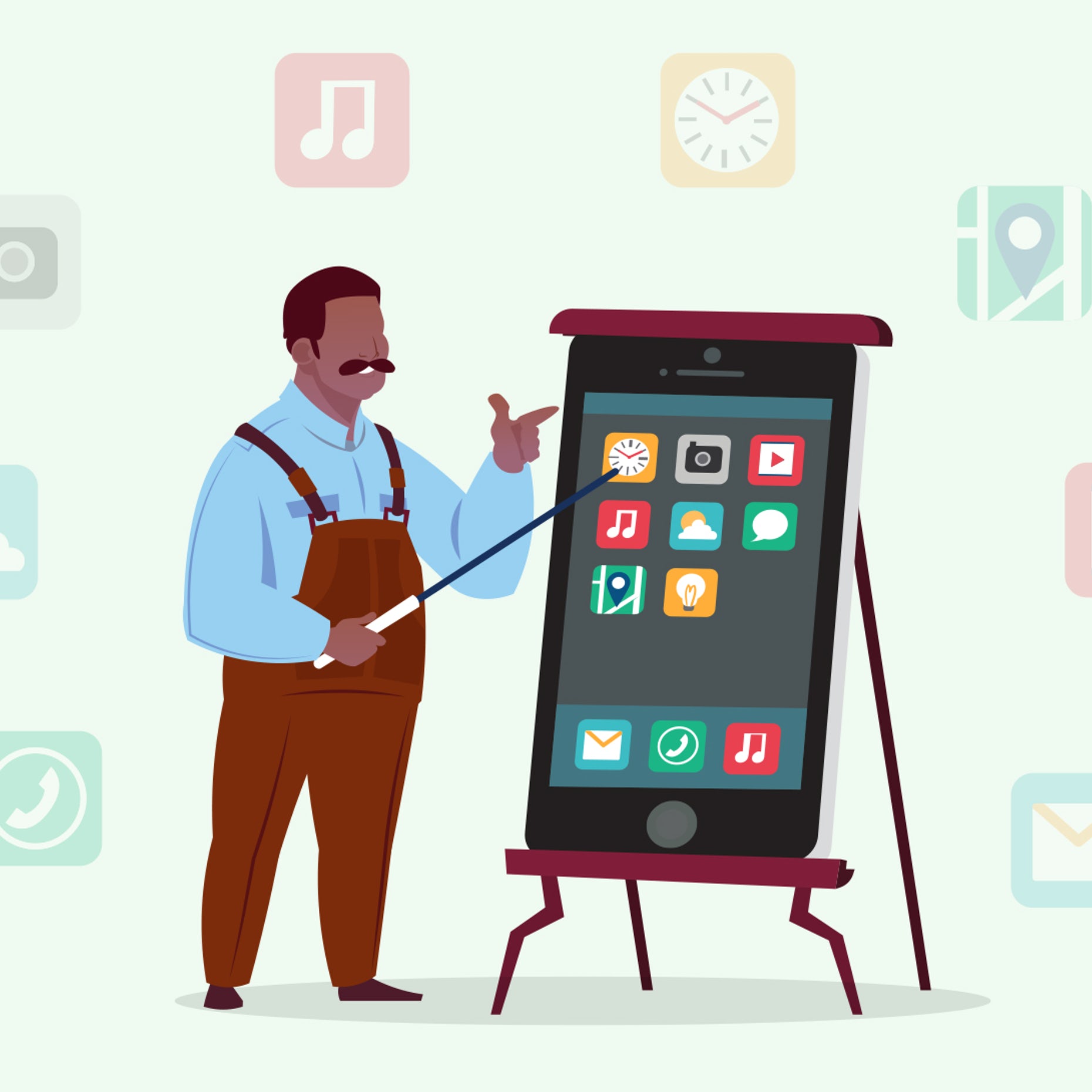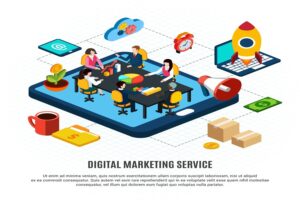
It is very challenging for a marketer to stay relevant and unique in the modern and competitive mobile apps marketplace. It is because every day, a lot of apps have been uploaded to the app stores. According to the research at the end of the year 2017, the numbers of applications on Google Play Store are 3.5 million and on the Apple store, these numbers are 2.1 million. Application development becomes a thriving revenue-generating industry for big and small businesses.
There are lots of success stories of many successful EnterprisesWho started their career from a small business app. From the past couple of years, there has been an evolution in the app development industry, and all the things have been shifted to IoT (Internet of Things) and AI (Artificial Intelligence). When the annual developer conference is held, the giants of the tech industry focus on the concept of these two things to build future applications. Here are a few things that have been announced to send the trends for modern and competitive application development in the future.
Smart Assistants:
A lot of development has been made in AI Technology that opens the way for more intelligent voice assistants. This development in mobile applications such as behavioural targeting, more personalized social experience, and recommendation engines.
Google Assistant has the most advanced AI which can even understand the context on various human languages and their conversation with the user. Even it can call those companies who don’t have an online presence. They can talk to those companies on behalf of their representatives.
Internet of Things:
This term is used for that system which is connected to the cloud and has the ability to perform the operations, automation, and monitoring remotely. IoT is being used by manufacturers to connect cameras and smart appliances.
Cloud Computing:
Cloud computing has been introduced to the tech industry to increase the storage capacity of competitive mobile apps. Because of that, smartphones now have limitations for storage. The major examples of the cloud are Dropbox, and Google Drive are providing the services for many years to businesses and individuals.








